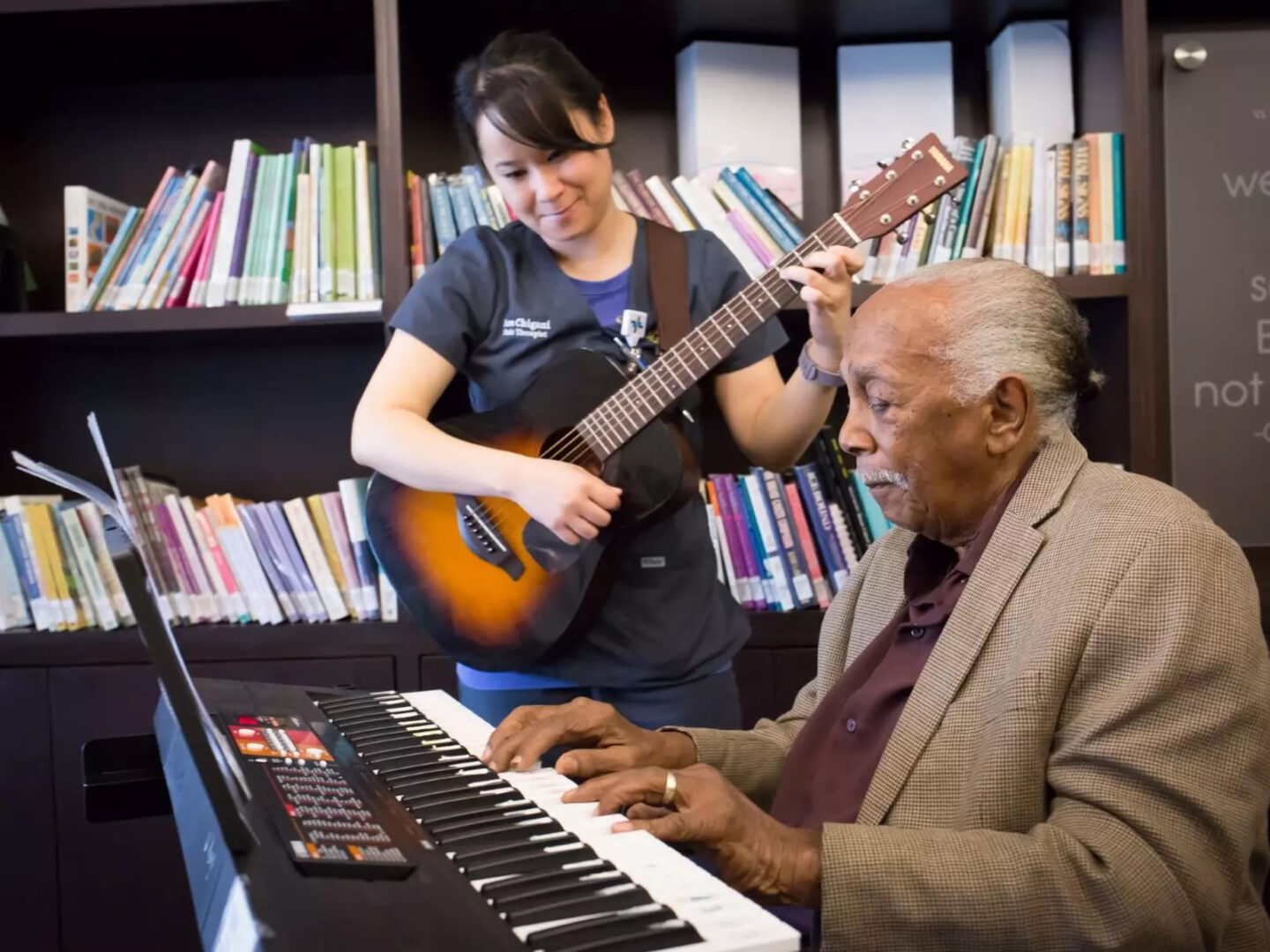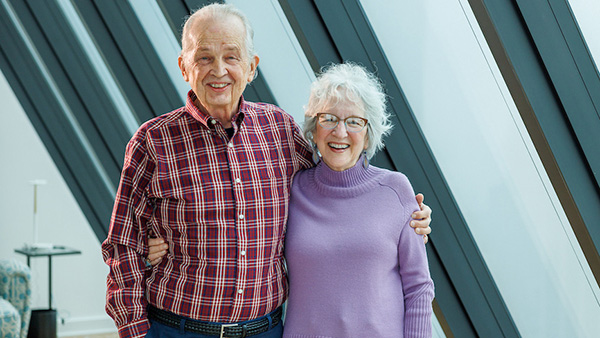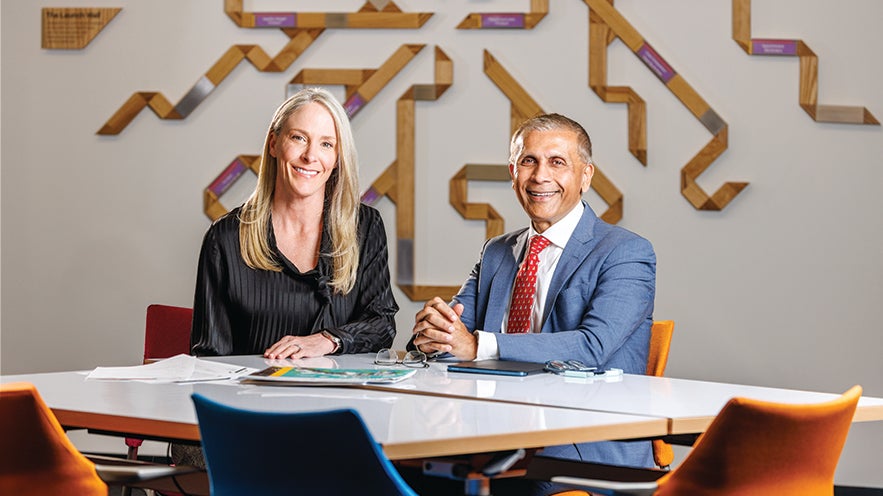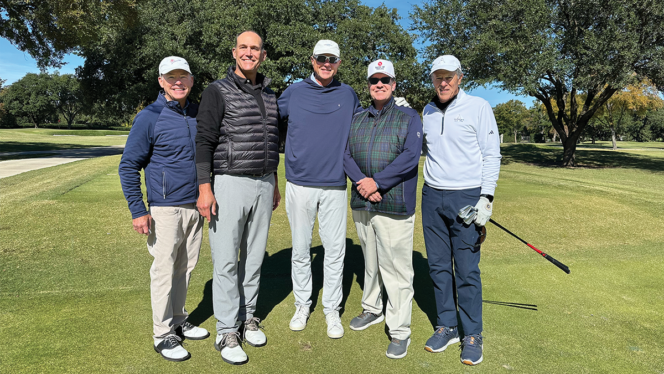Featured image: Pulmonary and Critical Care Medicine fellows at Baylor University Medical Center jump together to celebrate their fellowship training.
When Tiana Endicott-Yazdani, MD, began her fellowship in Pulmonary and Critical Care Medicine at Baylor University Medical Center in 2018, she expected long nights in the ICU and a steep learning curve.
What she didn’t expect was to walk her own family through a devastating diagnosis. Just months into training, her mother was diagnosed with pulmonary lymphoma — an experience that turned her medical education into something deeply personal.
Supported by mentors and colleagues, Dr. Endicott learned not only the science of pulmonary medicine, but also the art of empathy.
“When I have difficult end-of-life conversations with patients, I think about my mother. My patients and their families are going to remember the words I use for the rest of their lives.”
Dr. Endicott-Yazdani
Today, she is an advanced lung disease pulmonologist and transplant specialist, carrying forward the compassion and skill she gained during fellowship.
What makes this fellowship different
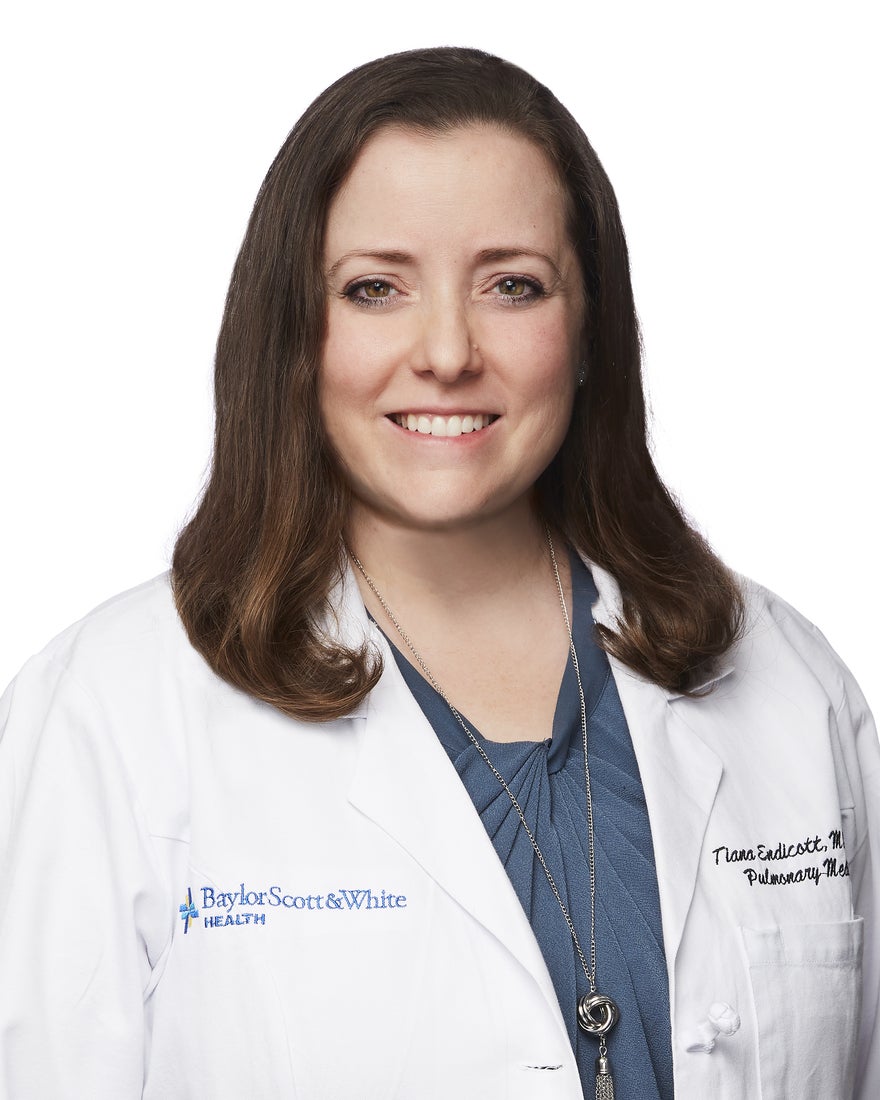
Part of what set Dr. Endicott’s training apart was the breadth of experience the program provided.
“There are few hospitals where fellows get hands-on exposure to transplant,” she explains. “This program was essentially the perfect fit. I had opportunities in the ICU, on the floor, in outpatient care and in research. I left feeling fully prepared — there’s nowhere I could go where I wouldn’t be ready.”
This rare combination of clinical exposure, mentorship from leaders, and a culture of compassion continues to differentiate Baylor’s program from others nationwide.
A growing fellowship, a lasting impact
Since its founding in 2015 by Randall Rosenblatt, MD, the fellowship has trained 16 pulmonologists who now serve patients across Texas and beyond.
Under the leadership of program director Susan Mathai, MD, and associate director Adam Hayek, MD, fellows refine their skills through rigorous training, cutting-edge research and patient-centered care.
This year marks a milestone: the launch of an endowed fellowship that will allow Baylor to train an additional fellow every year in perpetuity. Already, more than $1 million has been committed by grateful patients and physicians.
This growing momentum is anchored by heartfelt grateful patients whose lives have been personally impacted by the Pulmonary and Critical Care Medicine Program.
There is widespread and deeply meaningful support for expanding our fellowship program, and I am profoundly grateful to our patients whose generosity continues to inspire us.
Dr. Jeffrey Kopita
A donor’s gratitude, a fellow’s legacy
One donor, Bonnie Pitman, chose to give in honor of Dr. Rosenblatt, her physician and the fellowship’s founder.
“Dr. Rosenblatt didn’t just treat my illness — he treated me as a whole person, with warmth, patience and unwavering compassion. Knowing that his passion for teaching and healing lives on through this program fills me with deep gratitude. Supporting this work is my way of saying thank you for everything he has done for me.”
— Bonnie Pitman
Her gift, like many others, ensures that future fellows carry forward that same legacy of knowledge and compassion.
Fellows on the frontlines
The program’s recent graduates are already making an impact.
Ciara Wisecup, MD, who completed her fellowship this year, is now a faculty physician specializing in interstitial lung disease. She says the lessons she learned went far beyond medical knowledge.
The impact is so much greater than donors could even imagine. I think of the fellows who came before me, the ones in training now, and the sheer number of lives they’ve touched.
– Dr. Wisecup
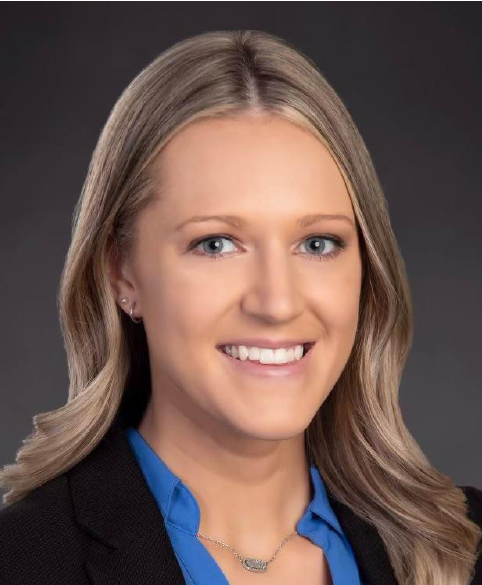
One patient’s second chance
That impact is perhaps best illustrated in the story of a patient both Dr. Endicott and Dr. Wisecup remember vividly.
He arrived at the fellowship clinic with early signs of interstitial lung disease. Within a year, his condition progressed, and he required a lung transplant. Together, Dr. Endicott and Dr. Wisecup were part of the team that successfully completed the transplant.
Months later, they saw him walking into clinic, smiling.
“Knowing he has more time now — it’s hard to put into words,” Dr. Wisecup says.
Looking ahead
With donor support, the Pulmonary and Critical Care Medicine Fellowship is building a future where more specialists are trained, more patients are cared for, and more lives are transformed.
As Dr. Mathai puts it:
We’re making a meaningful impact – one trainee and one patient at a time.
Help train the next generation of pulmonary and critical care specialists.

